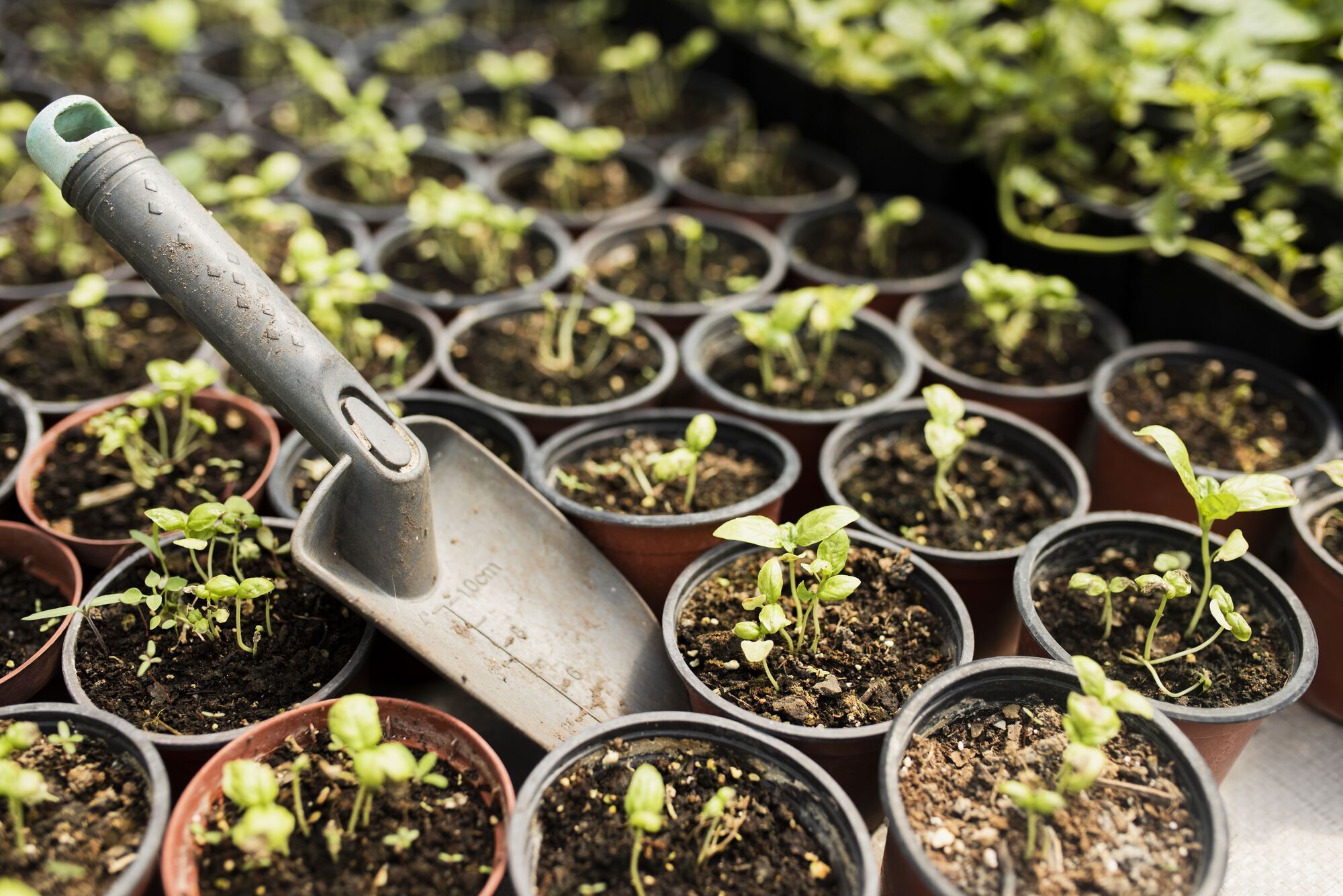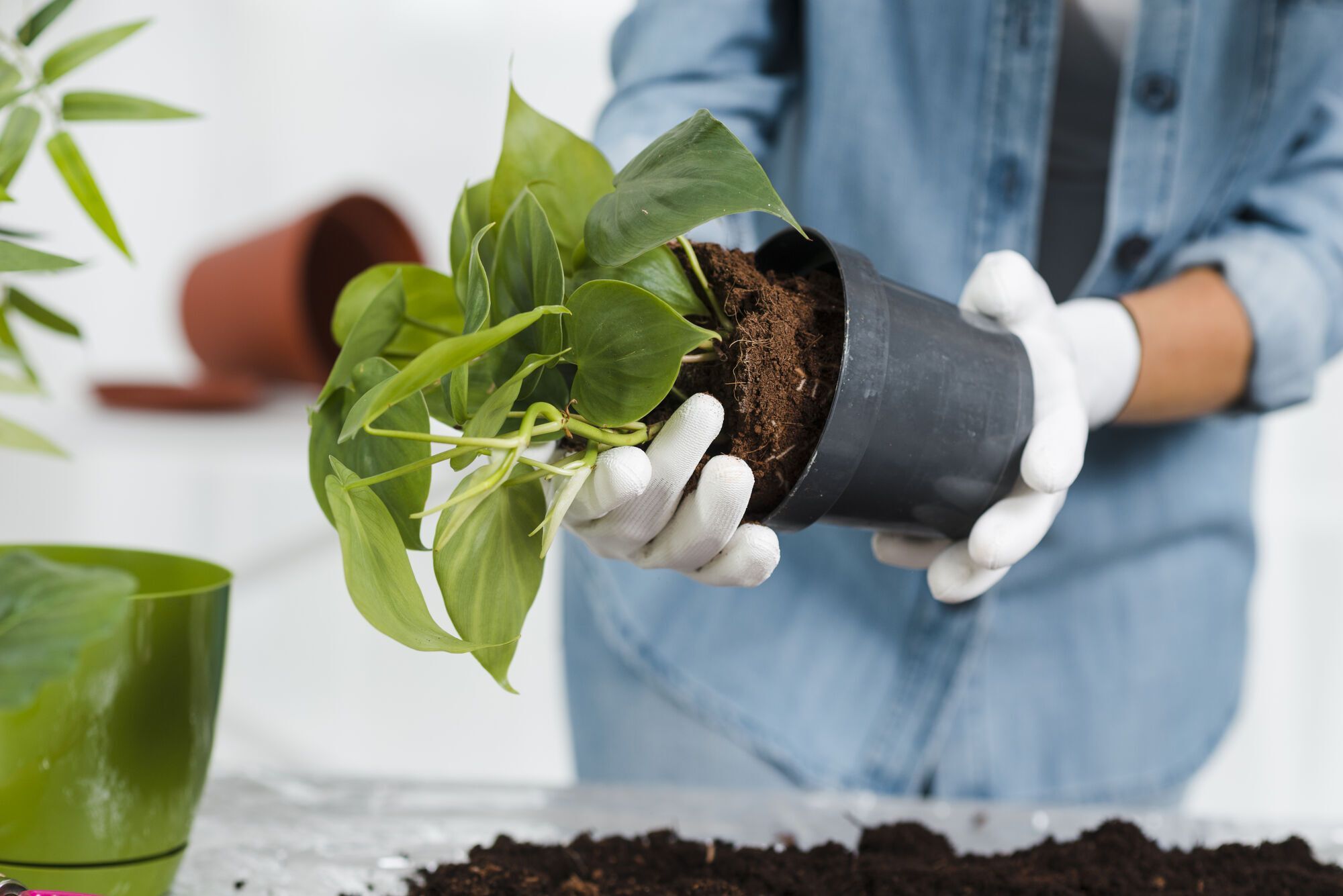News
How to transplant seedlings into open ground and not damage them: useful tips
The seedling method of growing vegetables and flowers is very popular among gardeners and vegetable growers. It allows you to get an earlier and better harvest.
Their further development depends on whether the plants are transplanted correctly. That's why Zelena Sadyba has shared some useful tips to help your seedlings adapt to the open field in the best possible way.
Hardening
Hardening seedlings before planting them in the open ground is a mandatory procedure. In its absence, seedlings can stop growing or even die due to a sudden change in conditions.
Hardening of seedlings should begin about 2 weeks before planting. You should not extend this process for more than 3 weeks, as this can lead to a stop in plant growth.
To begin with, it is worth lowering the temperature in the room with the seedlings at night. For heat-loving crops – up to 12-14 degrees, and for cold-resistant crops – up to 6-8 degrees.
Next, you need to gradually harden the plants so that about 5 days before planting, they feel good when they are outside around the clock.
Planting time
Before you plan to plant seedlings, you need to carefully study the weather forecast and make sure that the risk of frost has passed, and that there will be no strong winds or showers.
Choose a cloudy day for planting so that direct sunlight does not damage the plants.
Age of seedlings
Each crop has its own optimal time for planting outdoors. If you plant too young seedlings, they won't be able to properly withstand outdoor conditions. At the same time, overgrown seedlings may have a worse time adapting, which will slow their growth and reduce their ability to resist diseases.
Seedling transportation
Before planting, seedlings often need to survive transportation from the city to the countryside. This process can be difficult, as some, especially tall plants, can be damaged during the journey.
Experienced gardeners advise transporting seedlings in tall boxes and placing the pots close together. If this is not possible, tall tomatoes, for example, can be tied together. To do this, you need to put a peg in the central pot and tie the stems of the plants around it with a wide braid.
Some plants can also be transported horizontally to minimize the risk of stem breakage.
If the seedling is damaged, it does not necessarily mean the loss of the seedling. If the stem is intact but bent, it can be tied up. And if it is broken, you can use it as a cutting that will quickly take root.
Root injuries
The less the roots of the seedlings are injured during planting, the better. Therefore, it is better not to break the earthen lump, especially if it is permeated with roots.
The day before transplanting the plants, they should be watered abundantly. When planting, carefully remove the plant from the ground and plant it in the hole. Over time, the root system will begin to straighten on its own.
If the seedlings grow in a common box, then it should be poured abundantly with water, and after the soil is saturated with moisture, carefully begin to separate the earthen clods. After that, the woven roots are placed in water to make them easier to untangle.
Permanent place of growth
Before planting seedlings, the beds need to be properly prepared, namely fertilized. To do this, you can use complex mineral fertilizers that contain nitrogen, phosphorus, and potassium.
You also need to make sure that there are no air cavities between the roots and the ground when planting and follow the recommendations for planting different crops.
Sunlight
The level of illumination indoors is much lower than outdoors, so if planting seedlings in sunny weather, you should take care to temporarily protect the crops from direct sunlight. This will help to avoid burns, which look like white necrotic spots on the leaves.
Too severe burns can weaken and even kill plants, so make a canopy over them, for example, from white non-woven material. After the seedlings have taken root and new leaves have appeared on them, they can be removed.
Subscribe to the OBOZ.UA channels in Telegram and Viber to keep up with the latest events.





























